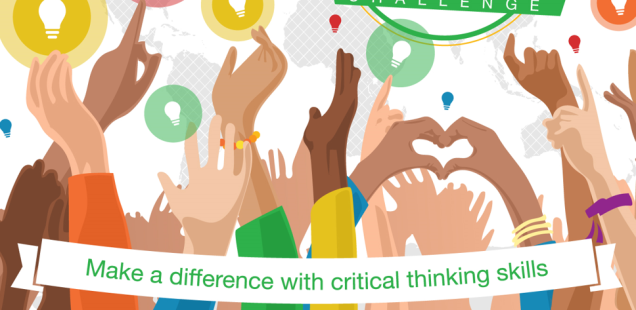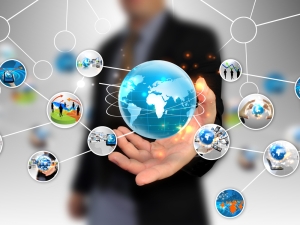Hello everyone and welcome to my 4th blog post on cyber culture, This week we focused in on Hackers. In class we disused the once perceived image of a bored teenager hacking into myspace, has now turned into a subculture with an annual underground hacking conference “Def Con”.
To dive into dive into this topic a little further I have researched the following TEXx – Top hacker shows us how it’s done by Pablos Holman, in this TEDx talk we see how easy even our credit cards can get hacked!
When hacking was first introduced in film and television, it was nowhere near as prevalent as it is today. The threat landscape was years away from becoming what it is now, so hacking and cybercrime wasn’t quite the household name it is today, therefore, there was a wide unfamiliarity of it within the public eye.
Directors and writers have struggled with how to portray hacking in film simply because the act of hacking in real life is not very interesting or visually compelling. It’s just lines of code scrolling down a computer screen. In order to keep the viewer entertained they used cheesy visuals and animations to portray the mysterious act of hacking. Unfortunately, the viewer didn’t really learn anything, and hacking was used more as a device to help move the plot forward.
As cybercrime is now grabbing major news headlines, the entertainment industry is trying to jump in on the popularity of the subject, however it’s still not terribly accurate. As a

result, we have seen an influx of hacking-centric television shows popping up across our screens.
In the past few years we have seen television shows such as CSI: Cyber, Person of Interest, Scorpion, Numb3rs, Mr. Robot and more. While many of these have stepped away from the cheesy visuals, and have accepted the fact that hacking is what it is, most still don’t portray the real reality of cybercriminals- it’s much more than frantically typing keystrokes across a computer keyboard.
Can Hackers be hero’s?
In class we disced how hackers have changed technohgy we use today, If a hackers only intent is to fix a flawed system then they aren’t doing anything wrong. In my opinion they play a vital role within the technological world. Hackers expose flawed systems that others think are impenetrable. People are providing personal information over the internet through websites that are “secure” but every so often you here a major company had a
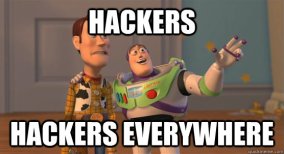
security breach. They are essential to keeping classified information safe. This goes further than just online shopping, it also goes for national security. If a hacker can break into government files then that system needs to be fixed. In my personal opinion professional hackers who are capable of breaking into the most secured systems need to work for the government because they need those skills.
Therefore are hackers doing something wrong if they only want to perfect flawed systems? I think it’s an ethical question, and the tricky problem that comes into play is that the hacker is the one deciding that the system is flawed. What gives her/him the right to decide that? We have a LOT of flawed systems out there, but perfection oftentimes is a relative thing. If we were to say, “yeah, as long as they’re trying to fix something, then it’s fine” you get into the trouble of things that you don’t think are broken being fixed. Plus, it puts the power in the hands of the people with the “weapon,” that is, the ability to hack.
___________________________
Thank you for taking the time to read this blog post, tune in next week as we dive further into the cyber culture world
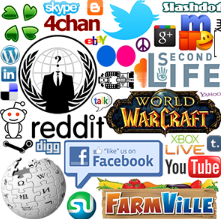
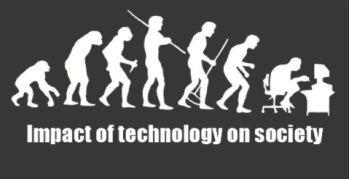
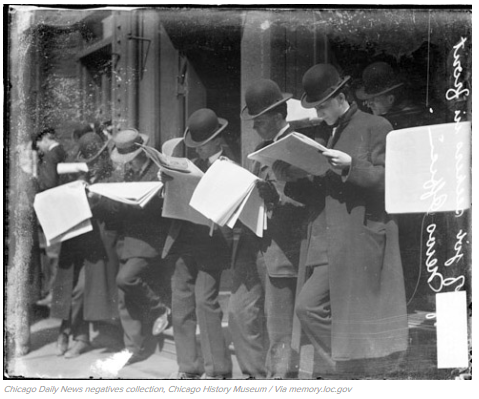
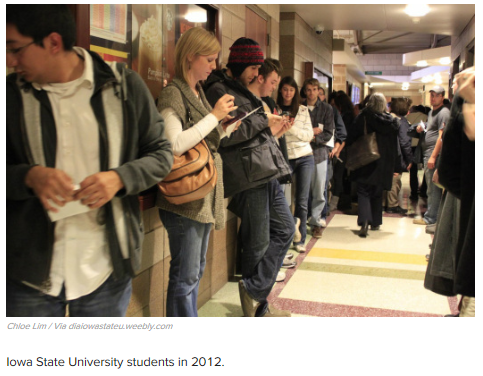
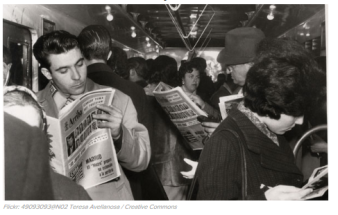 The profession of letters is so little understood, and so far from being seriously appreciated, that…Newspapers are full, not of thoughtful honestly expressed public opinion on the affairs of the nation, but of vapid personalities interesting to none save gossips and busy bodies.
The profession of letters is so little understood, and so far from being seriously appreciated, that…Newspapers are full, not of thoughtful honestly expressed public opinion on the affairs of the nation, but of vapid personalities interesting to none save gossips and busy bodies.
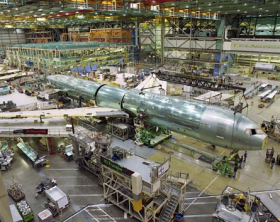
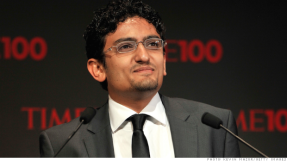 social media to make a change with the positive use of activism.
social media to make a change with the positive use of activism.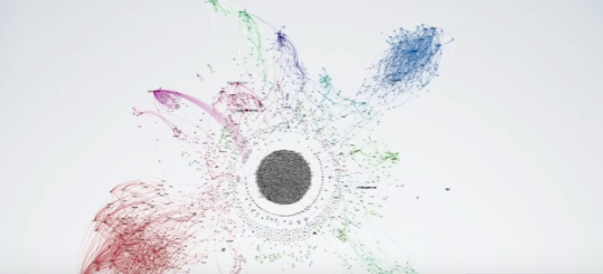
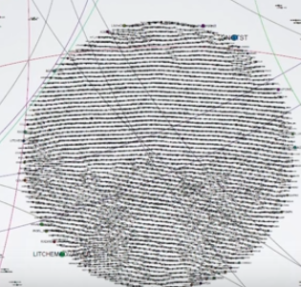 Reason of social space where noting was escaping, this are was made up of thousands and thousands of people, but they were talking to no one but themselves. An untapped pool of engagement. A striking absence of colorization, the team figured out be simply harnessing out these conversations and connecting the people, Voices, brains they could contribute to fighting that disease. in took 7 months in total to connect these voices.
Reason of social space where noting was escaping, this are was made up of thousands and thousands of people, but they were talking to no one but themselves. An untapped pool of engagement. A striking absence of colorization, the team figured out be simply harnessing out these conversations and connecting the people, Voices, brains they could contribute to fighting that disease. in took 7 months in total to connect these voices.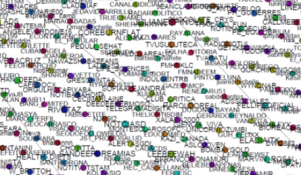 power their initiatives.
power their initiatives.